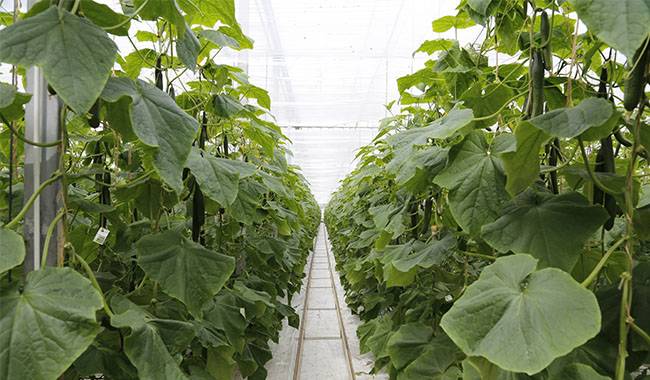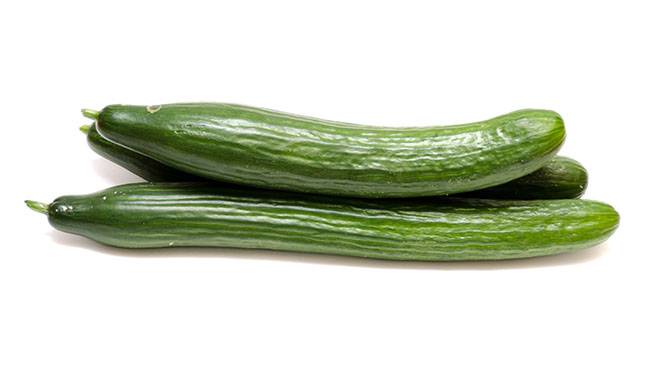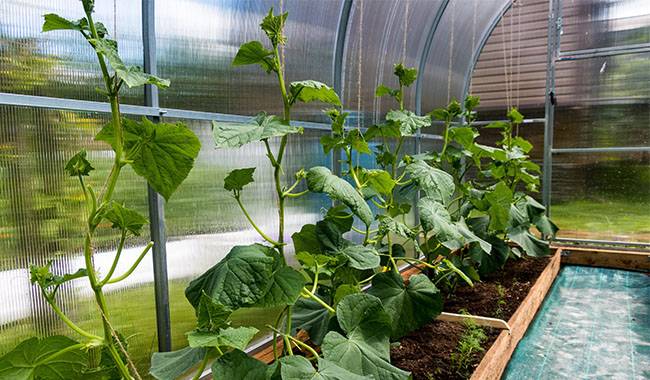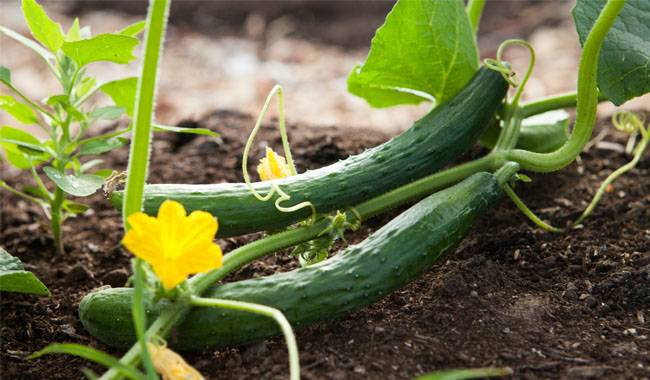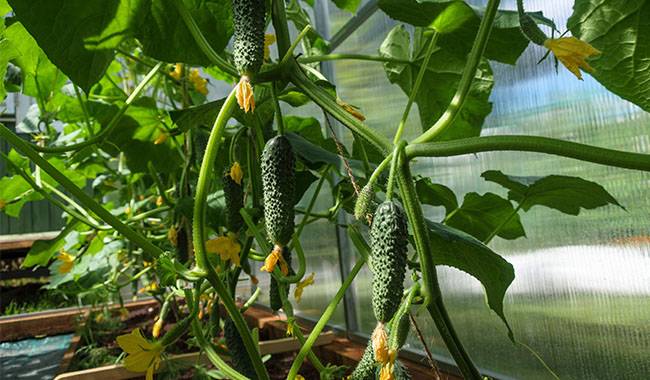
No matter how simple is the garden or home plot, there is always a place for cucumbers. Experienced housewives will surely take the time to make a few jars of cucumbers for the winter.
Indeed, don’t buy them at crazy prices in the supermarket when the minimum care and adherence to farming techniques will grow a great harvest? And only organic fertilizers can be used as fertilizers.
Learn from this article what they are, how to prepare them at home, and apply them correctly.
Wood ash
The ashes contain large amounts of phosphorus and potassium, which are necessary for a well-developed root system and a sufficient amount of green. In addition to the basic elements, ashes contain about 30 beneficial compounds such as magnesium and manganese.
Sodium, in its composition, also acts as a catalyst, allowing plants to better absorb useful substances.
Potassium is most abundant in the ashes of young trees, hardwoods, and leaves. Spruce ash is rich in calcium and oak ash is rich in phosphorus.
Attention! Ashes used as fertilizer must not contain any newspaper, plastic, or colored wood chips.
Fertilize with ash during cucumber growth and fruiting. Water the plants with ash solution every 2 weeks. Its preparation technique is very simple.
- Prepared firewood, cut branches, vines, leaves, and huckleberries. Placed in a bucket and burned carefully. They will burn faster in an open space, but there is a risk of fire caused by flying sparks and half of the precious ingredients will be blown away by the wind during the cooling process.
- Ashes are best stored in jars or boxes with lids. Do not collect in sealed bags or jars, condensation may form and the fertilizer will lose most of its useful properties.
- Ash liquor and decoction for irrigation. They differ in preparation technique. The solution can be used immediately, diluted at the rate of 1.5 cups of ash per bucket of water immediately before irrigation. The decoction is made with boiling water and can be boiled for an additional 30 minutes. The ratio of water to ash is 3:1 and the resulting mixture is diluted at a rate of 3 cups of mixture per bucket of water. It is used for watering and spraying to control foliar pests.
Cucumber seeds were soaked in the ash solution before planting to improve immunity and germination rates. When planting, the ash is mixed with soil and added to the bottom of the hole. Sometimes for a longer-lasting effect, pour 2 tbsp of fertilizer in the root zone of the plant and then water in the usual pattern of lead.
Cow dung and poultry manure
Using this type of organic fertilizer works very well. Cow manure can be immediately diluted with water, poultry manure must be “burned”, it is very aggressive and very careful to water plants with its solution in a ratio of 1:10.
To make the mixture ready for use, pour in the raw material with water and let it ferment for a few days in sunny weather.
When applying chicken or cow manure, apply it only under the roots of the shrubs and avoid applying it on the leaves. Cucumbers respond well to alternate applications of gray manure and manure.
Such fertilizer does not affect the taste and smell of the ripe fruit, especially when the branches are tied to the trellis. This special fertilizer for cucumbers is used when growing in greenhouses and open fields.
Important! Do not use pig manure. It has a high percentage of ammonia compounds that can burn the root system. Only tolerate the preparation of weak solutions after 2 to 3 years in the compost pit where it is mixed with cowpeas.
Yeast
This tool for feeding cucumbers is used no more than 3 times a season. Yeast stimulates growth, increases resistance to fungal infections, promotes normal leaf development, and strengthens the root system of the plant.
There are 2 variants of using yeast: as a root watering and as an external spray. Immediately you need to adjust the smell of this undoubtedly useful solution is specific. You just need to store it in an airtight container or prepare it in portions.
For the mixture, you need 0.5 kg of yeast, 3 liters of water, and 60 g of sugar. If cooking without scales takes a little more than half a cup of sugar. It is better to use fresh fermented yeast, with instant and granulated yeast, the effect will be much weaker.
Insist on such organic fertilizer for cucumbers in a warm place for 3 days, stirring regularly. The jar must not be closed, there must be free air passage.
Water with yeast solution at the ratio of 1 cup of mixture per bucket of water. This is 0.5 liters per 1 bush.
When spraying cucumber leaves, the concentration and rate of consumption are similar.
To stimulate growth, repel pests and increase the number of ovaries, add 10 ml of iodine to the solution. Soak for a week and dilute with water at a ratio of 1:3 before watering. Breadcrumbs are pre-filtered.
Onion peel
Throwing it away is a luxury. Rinsing with a decoction of the husk not only restores color and elasticity to the hair and treats the scalp. It contains all the elements needed for the good growth and development of cucumber barns. The remedy strengthens the plant as a preventive measure against diseases and pests.
The infusion is made cold by fermentation. 5 liters of water and 20 grams of dried onion peel are enough. The infusion lasts for 5 days. It is suitable for spraying with water every 14 days.
To make the broth you need to steep 1.5 liters of water with a handful of husks for 7-9 minutes on low heat. Then add 3 parts of water at the rate of 2 liters per 1 plant and pour or spray.
Herb infusion
Do not neglect to put aside the planted burdock, grass clippings around the site, and bermudagrass. From the green mass is an excellent organic fertilizer for cucumbers and other fruits and ornamental plants. For this purpose, the herbs are chopped and tightly piled in a bucket, filled to a third of the way, almost full of water.
The mixture will reach the desired state within 10 days. However, do not use pure herbal infusions to fertilize cucumbers. It should be diluted with water when watering. I recommend a ratio of about 1:10. Watering frequency – once a week.
ORGANIC FERTILIZER APPLICATION RULES
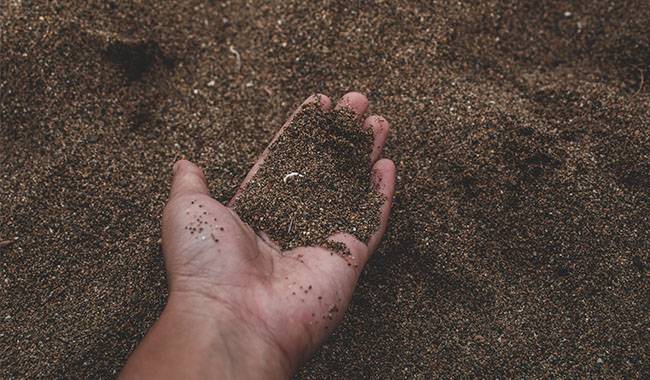
The deficiency of certain elements can be easily detected by changes in the shape and color of cucumber leaves. It is worth considering that foliar fertilization is the most effective when the fertilizer is sprayed on the surface of the bush. However, root organic fertilizers have a longer-lasting effect on cucumbers, acting gradually and being better absorbed.
If the seedlings begin to turn yellow or if the young plants lose a lot of leaves and have sluggish stems, they need nitrogen feeding.
In case of nitrogen deficiency, the fastest way to replenish nitrogen is a solution of 3 liters of water and 0.5 teaspoons of ammonia. The amount used should be observed accurately, stronger concentrations can harm cucumbers. Use a sprayer to moisten the ground part of the shrub and the soil around the roots.
It is worth considering that.
- Organic fertilizers, such as poultry manure, manure, and irrigation grass, will also be compensated in case of nitrogen deficiency.
- In case of potassium deficiency it will be remedied by watering more than once and soaking with ash.
- The necessary phosphorus content is restored by spraying cucumber ash decoction.
- Calcium deficiency in the soil with strong acidity will help the infusion of eggshells. It is prepared in the ratio of 3 tbsp of crushed ingredients to 10 liters of water. For compound fertilization, it is mixed with the waste from peeling potatoes, carrots, and bananas. They are tamped 1 / 3 in a bucket and fill with water. The infusion is kept for a week and applied under the roots.
For cucumbers, adequate watering is very important, especially during ovary formation and fruit growth. It can be well combined with fertilization.
In order to fully absorb it, the plant needs a certain amount of time. Therefore, it does not make sense to feed daily. It is better to observe the sequence, for example, today – feeding ash, in two weeks – cowpeas, and in another two weeks – onion husk infusion.
Dear readers
Organic fertilizer is really near, you just need to show a little patience in the preparation, then the harvest will be rich, environmentally friendly, and delicious. But remember that organic fertilizers for cucumbers can be successfully alternated with mineral fertilizers, if necessary.




